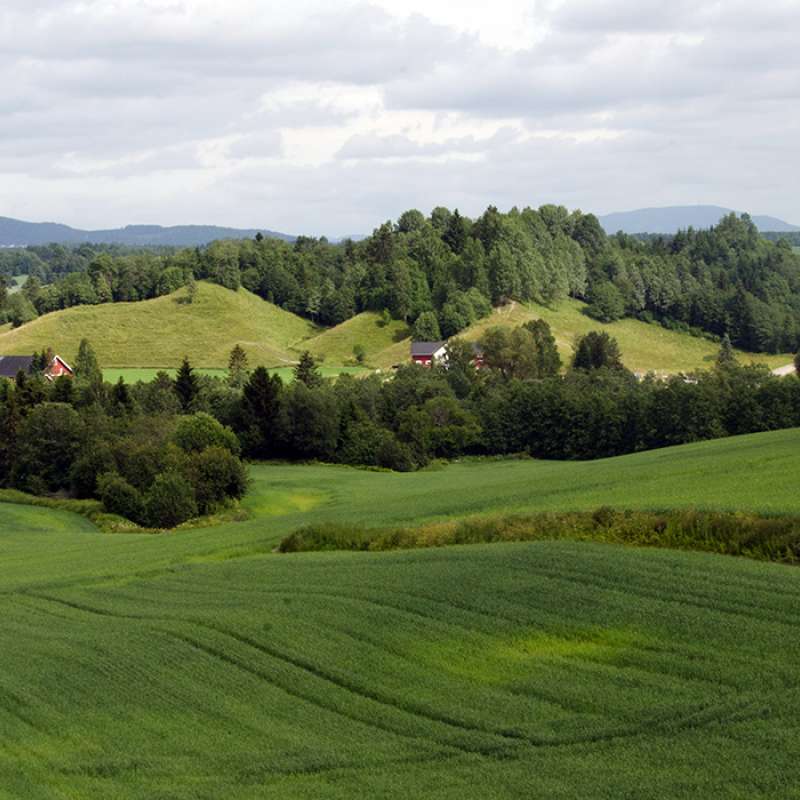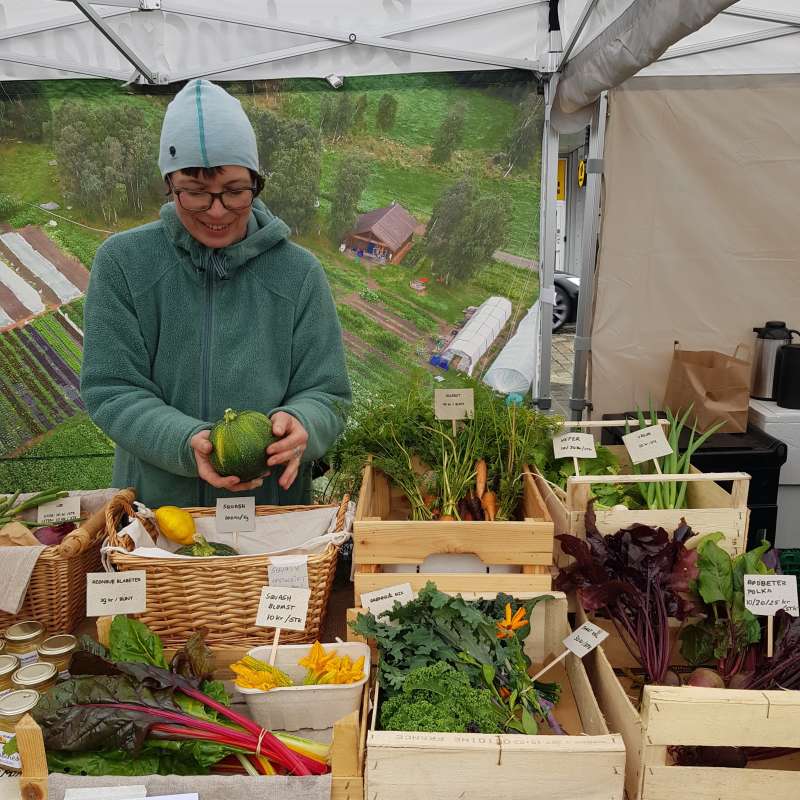Bjørn Egil Flø
Research Scientist
(+47) 951 15 617
bjorn.flo@nibio.no
Place
Trondheim
Visiting address
Klæbuveien 153, bygg C 1.etasje, 7031 Trondheim
Authors
Bjørn Egil FløAbstract
Debatten om fôrtilsetjingsstoffet Bovaer har vore høgrøysta det siste året. Nokon har sett verdskonspirasjonar i mjølkeglaset, andre har svara med å stable vitskaplege rapportar i høgda og erklært at det var prov nok til å avslutte saka.
Authors
Bjørn Egil FløAbstract
No abstract has been registered
Authors
Bjørn Egil FløAbstract
No abstract has been registered

Division of Food Production and Society
Visions and the consequences - analysing visions for Norwegian agriculture and its consequences for food security
Norsk matsikkerheit kan bli - og er alt til ein viss grad - truga av internasjonale konfliktar, handelssanksjonar, samanbrot av internasjonal distribusjonssystem, klimaendringar, utbrot av plante- og dyresjukdommar og store endringar i etterspurnad og tilgang på mat globalt som hindrar tilstrekkeleg fôr- og matimport. Matsikkerheit er i Noreg ofte assosiert med sjølvforsyningsgraden av matvarer. I prosjektet vil vi vurdere og evaluere grunnlaget, oppslutnad, moglegheiter og avgrensingar for målet om auka sjølvforsyning av mat frå norsk jordbruk og vurdere kor langt ein auke i sjøforsyningsgraden vil auke nasjonal matsikkerheit. Først vil vi køyre ein prosess med aktørar innan matproduksjonen, frå produksjon til omsetnad av mat, og andre interessentar for å identifisere eksisterande narrativ om norsk matproduksjon og dei ideologiske og moralske forskjellane mellom narrativ. Vidare vil vi rekruttere medlemmar til grupper som representerer eksisterande narrativ for å definere det vi kallar "idealtypane" av framtidas matsystem. Dette vil skje gjennom ei rekkje tverrfaglege seminar med medlemmane av gruppene og dei involverte forskarane. Dei definerte "idealtypane" for matsystem vil deretter bli omsett til kvantitative inndata til modellar og analysert. Resultat frå modellkøyringane er produksjonsmengd av ulike jordbruksvarer, miljømessige og økonomiske konsekvensar, kosthaldspåverknad og sjølvforsyningsgrad av jordbruksprodukt. Modellresultata vil bli evaluerte med involvering av interessentar og om naudsynt køyrd om att. Dei endelege modellresultata vil deretter bli brukte til å vurdere effektane av dei ulike "idealtypane" på fleire indikatorar for norsk matsikkerheit. Resultata av vurderinga av sjølvforsyningsgrad og matsikkerheit vil bli kommunisert og diskutert med avgjerdstakarar og aktørar med interesse i og for jordbruk og matproduksjon. Vår ambisjon er brei formidling og debatt om resultata, og vi vil såleis bruke ulike kommunikasjonskanalar

Division of Food Production and Society
The role of diversified small-scale horticulture in a transition towards more sustainable food systems with healthier diets (SmallHort)
The aim of the project is to explore how food systems based on diversified small-scale horticulture can be developed to become more economically, socially and environmentally sustainable while also increasing in scale. This will provide benefits to nature, environment and public health.
.jpg?quality=60)
Division of Food Production and Society
Cultivating sustainable changes in livestock feed production and feeding practices (Feed&Feeding)
The project will evaluate various strategies for feed production and feeding practices to enhance the sustainability of Norway's food system and support national agricultural policy goals. These strategies include adjusting livestock diets, improving breeding and animal health, and introducing new protein sources for feed. The project will assess environmental impacts, such as land use changes, greenhouse gas emissions, soil carbon levels, nutrient balances, and biodiversity, as well as socioeconomic impacts, including food security, economic and social sustainability, and the viability of rural communities.
